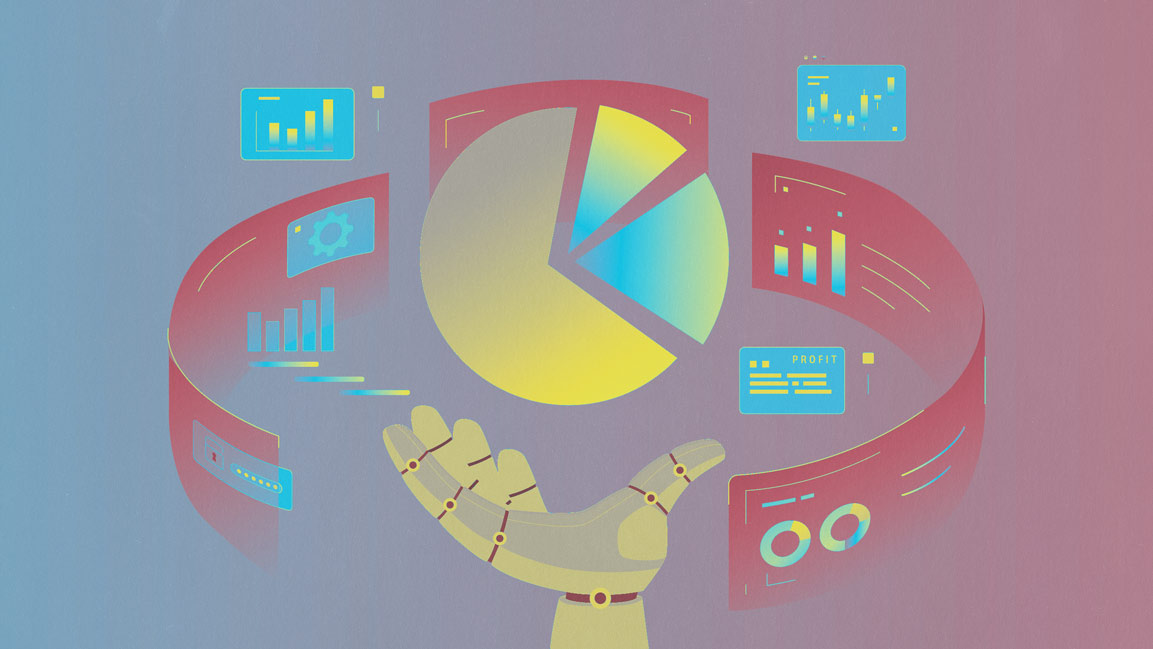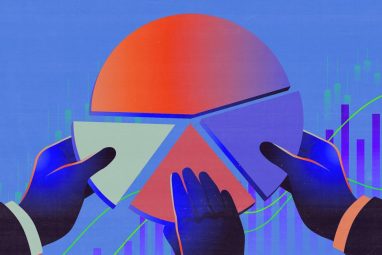Fearing Disruption, Big Companies Go All-In on AI: report
After lagging behind on past tech revolutions such as e-commerce and smartphones, global corporations are racing to adopt artificial intelligence in a bid to avoid being left behind once again, The Wall Street Journal reported.
News
- India Faces Lower Risk of AI Job Disruption Than the West, Says IT Secretary
- Tata Steel Discloses $1.6 Billion Dutch Class Action Over Emissions
- Nvidia Licenses Groq’s Inference Tech, Hires Leadership
- HCLTech Deepens Software Push With Three Acquisitions in a Week
- Isro Launches BlueBird Block 2 in Heaviest Commercial Mission Yet
- OpenAI Softens ChatGPT’s Tone While Scaling for an AI Showdown

After lagging behind on past tech revolutions such as e-commerce and smartphones, global corporations are racing to adopt artificial intelligence in a bid to avoid being left behind once again, The Wall Street Journal reported.
According to a McKinsey survey, 88% of enterprises said they’re undergoing AI transformation. But what’s different this time? Executives such as PepsiCo’s Chief Strategy and Transformation Officer Athina Kanioura say it’s fear: Fear that AI could completely upend business models.
“For the first time with a new technology, there is a pervasive true fear at the senior leadership level that AI will fundamentally disrupt the business model at its core,” Kanioura told WSJ.
PepsiCo, which pulled in nearly $92 billion in revenue last year, has been integrating AI into operations for several years.
It began with machine learning for demand forecasting and equipment maintenance, and then introduced generative AI into R&D, logistics, and sales order systems.
The company has linked autonomous vehicles at plants to a centralized AI “control tower” and is now deploying Salesforce-powered AI agents to handle customer support, procurement, compensation advice, and IT issues.
“There is no reason for a human to have to do those type of tasks,” said Kanioura. Instead, human workers are focusing on high-value interactions like career coaching and complex decision-making.
Crucially, PepsiCo mandates that every AI initiative must show measurable impact—on both revenue and efficiency—before implementation.
Although Kanioura did not reveal exact figures, she said gains in customer service and productivity have been “very significant.”
What’s fueling rapid adoption, executives say, is that AI tools are easier to deploy than previous technologies. Unlike the infrastructure overhaul required for e-commerce, AI mostly needs robust data systems—not new buildings or hardware.
Still, the path is far from smooth. Only 5% of companies in the McKinsey study successfully transformed even one business domain with AI in a way that yields measurable bottom-line results. And challenges persist. AI still struggles with sustained context, consistency, and agency, which is why PepsiCo opted to build within the Salesforce ecosystem, leveraging existing data layers and APIs to close the gap.
Yet despite the hype, business leaders are aware of the limits and risks of AI. Their view: these are management problems. The real danger, they believe, lies in being caught flat-footed again.




